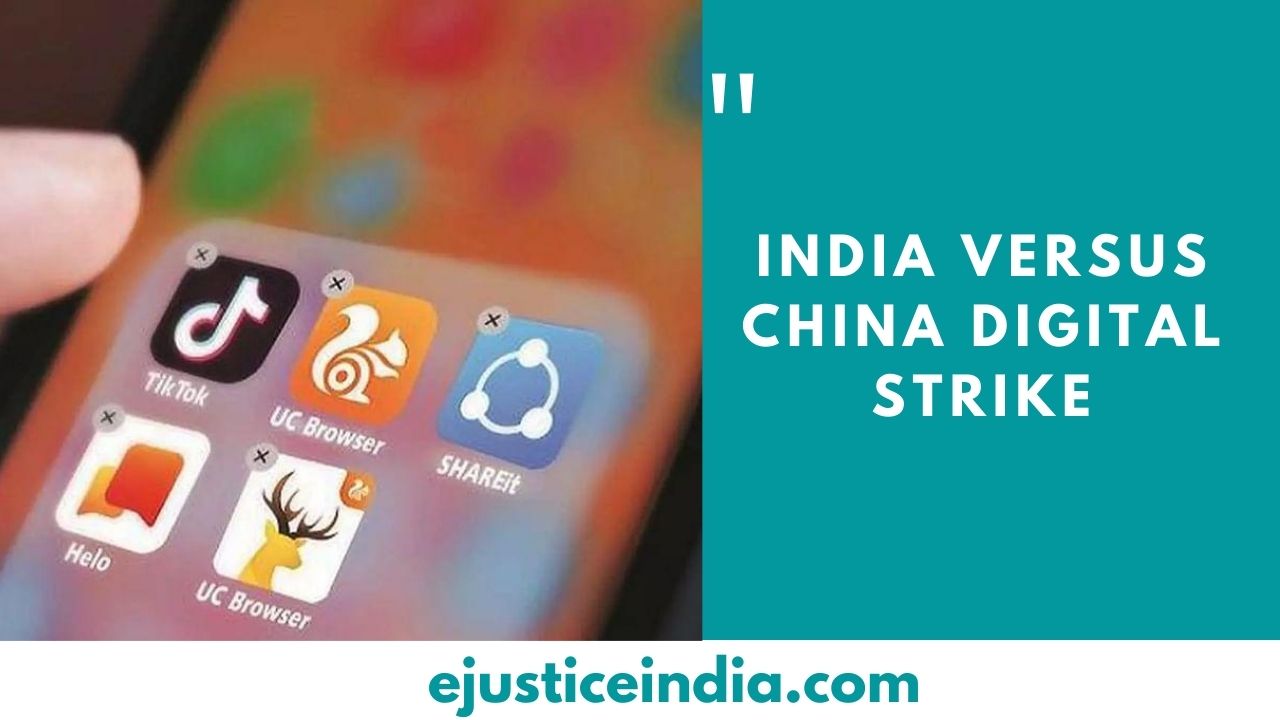All India Bar Examination
All India Bar Examination
Author : V. Krishna Laasya
Preface-
The objective of All India Bar Examination is said to be focused on assessing the ability of the advocate to practice law profession in India. The advocate’s skills are to be assessed at a basic fundamental level and it intends to set a foundation for the practice of law by inculcating and displaying the analytical abilities of the advocate.
The candidate will be awarded “Certificate of Practice” after successfully passing the examination, validated by the Bar Council of India. The examination will be multiple choice along with an open book based assessment.
The examination was brought into effect by the Legal Education Committee and the Bar Council of India at meetings constituted on April 10, 2010 and April 30, 2010. Thus, every candidate who graduates from the Academic year 2009-10 will have to appear for the examination mandatorily. Only after the successful completion (after enrolment as an advocate), will the candidate be able to practice law in India.
Purpose-
- Basic level capacity of the candidate.
- To assess if the candidate is able to conform to the minimum standards set.
- Candidate’s ability to withstand the field and skills application for the same.
All India Bar Examination is intended to check the eligibility of the candidate, limited to the fundamental aspects, rather than focusing on the expertise of the candidate.
Subjective Aptitude-
The subjects that are included in the syllabi of the examination:
- 25 subjects prescribed by the Bar Council of India for the three year and the five year LLB Courses.
- General Subjects tested in the bar examination jurisdictions from across the globe.
- Subjects that are fundamental and foundational in nature- Form Category-I
- Subjects that are integral to practice the law profession- Form Category-II
- The questions shall include a blend of knowledge and reasoning, as they necessitate the overall growth values of the candidate.
Structure of Conduct-
The exam will be conducted in nine languages and at centres placed all over India. The exam can be enrolled for, at an application fee of Rs. 1300 (inclusive of preparatory materials). The exam will be conducted in an open book format, which implies that the advocates may bring in their own materials, books or other notes into the examination hall to answer a hundred multiple choice questions based on reasoning than on memorizing long texts.
Materials Provision-
The candidates will receive preparatory materials in advance in the language chosen by the candidate and in the subjects being tested. The candidates will also be provided with a guide to prepare for the exam, which will also contain the answers to the model question papers which will be provided online.
This initiative is in bonafide faith to ensure that the lack of access to resources does not prove to be a hindrance for many.
Sources of Question Paper Preparation-
Mock questions will be prepared and tested in a few select law schools and the results for the same will be collected and analysed. The Analysis of the results will then be presented to the expert committee who are in charge of presentation of the final draft of question papers based on the feedback. It is pertinent to note that the question papers of the examination are shaped in a scientific manner to ensure that the standards of the examination are met.
Necessities-
- The examination is conducted twice a year and the Bar Council of india, is the appropriate authority to prescribe guidelines on the same.
- Scope and syllabi shall be presented and declared, prior to around three months before the examination.
- No limitation on the number of attempts.
- Parameters of both substantive and procedural laws are amply tested.
Eligibility-
The candidate is required to be
- A citizen of India
- In possession of a valid LLB Degree from a Bar Council of India recognized college or university.
- Enrolled as an advocate within the meaning assigned under the Indian Advocates Act, 1961.
- A law student who has graduated after 1 July 2010 is only eligible to apply for the examination.
Eligibility for an Indian National (with a foreign degree)
An Indian National is required to apply for a Qualification Examination held by the Bar Council of India. The Exam shall comprise of six papers containing the purview of subjects including- Constitution of India, Contract Law, Company Law, Civil Procedure Code, Criminal Procedure Code, Limitation Act.
Documents Requisite-
- Advocate Identity card issued by the respective State Bar Council in accordance with the Indian Advocates Act, 1961.
- Enrollment certificate that validates holding degree under the College/University
- Photo Proof and Signature
- Scanned copies of the category certificate.
Procedure- Application Process
- Register at the official website of All India Bar Examination.
- The registration form must be filled, by putting in the requisite details and attaching relevant documents. After it is complete, the ‘Save’ button must be clicked.
- The Registration ID and password generated will be sent via message to the phone number and e-mail address registered with the Form submitted.
- The Enrollment number generated should consist of the State Code as provided by the certificate.
Conclusion
It is important to note that the documents be in order and attested for the purpose of upload. There is also no need to panic, if the candidate makes a mistake in the form, as the registration ID along with a description of the mistake can be sent as a query to the official mail id (aibe.bci@gmail.com) before the admit card is released.
This particular exam only devises the skills and means to know the aptitude rather than inflict stress on the individual.
Refrences
[1] For the Objective and introduction to the All India Bar Examination, see <http://www.allindiabarexamination.com/about_us.aspx>. Last accessed July 20, 2020.
[2] For Instructions on the structuring and mechanism of the AIBE, see <http://www.barcouncilofindia.org/wp-content/uploads/2010/06/AIBEPresentation.pdf>. last accessed- July 22, 2020.
Related Posts

INDIA VERSUS CHINA DIGITAL STRIKE

A STUDY ON KYOTO PROTOCOL WITH REFERENCE TO CARBON CREDIT
